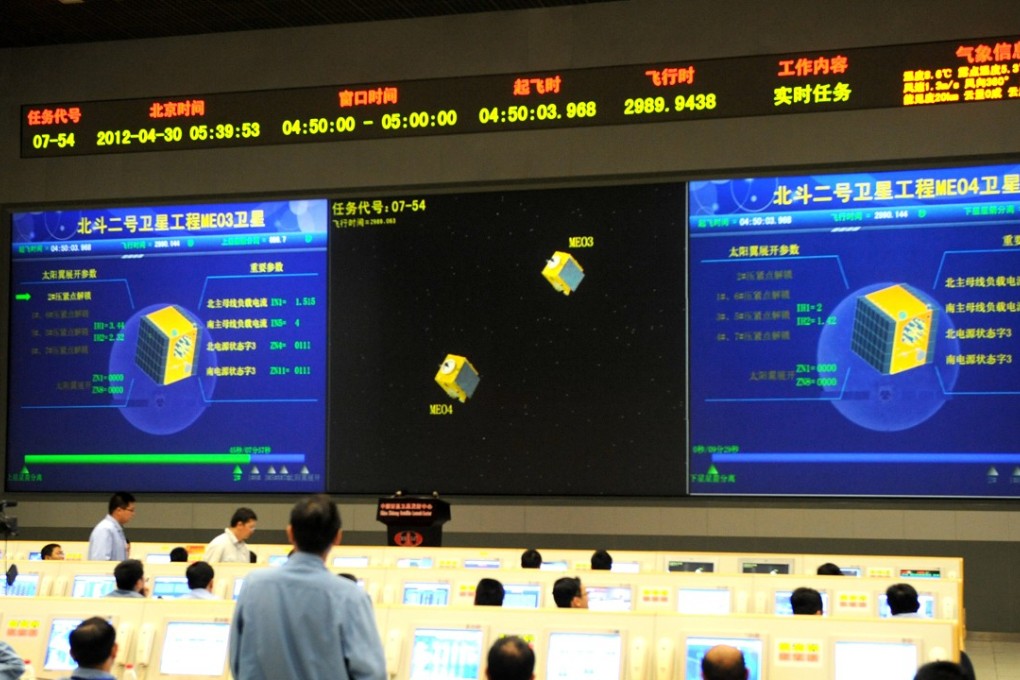Beidou, China’s answer to GPS, is sorely needed
Navigation and tracking for weapons, aircraft and positioning systems are too important and sensitive to put in the hands of a foreign power

Competition is good for business, but in the world of navigational and tracking systems, it is also a necessity. China’s Beidou network is an alternative to American, Russian and European services, its selling points being accuracy and reliability. It is also a hedge against vulnerability, a reliance on any one system being problematic if there is an outage. Given rivalries and uncertainties, Chinese and others in need of assurance should welcome its ever-widening reach.
Beidou presently only covers China and several neighbouring countries. The next two satellites of the network are expected to be put into orbit towards the end of the month, leaving about a dozen more to be launched before it has global coverage. Beijing aims for completion of the system in 2020, when about 35 satellites will be in operation. Then it will be in full competition with the US Global Positioning System, Russia’s Glonass service and the EU’s Galileo network, also expected to have worldwide coverage in 2020.
Navigation and tracking for weapons, aircraft and positioning systems are too important and sensitive to put in the hands of a foreign power. Smaller countries with insufficient resources for systems of their own need alternatives so that they do not get held hostage and China is providing an option. Competition also means rivals will strive to develop ever-more reliable and accurate services. Beidou will be a much-needed global addition to the industry.